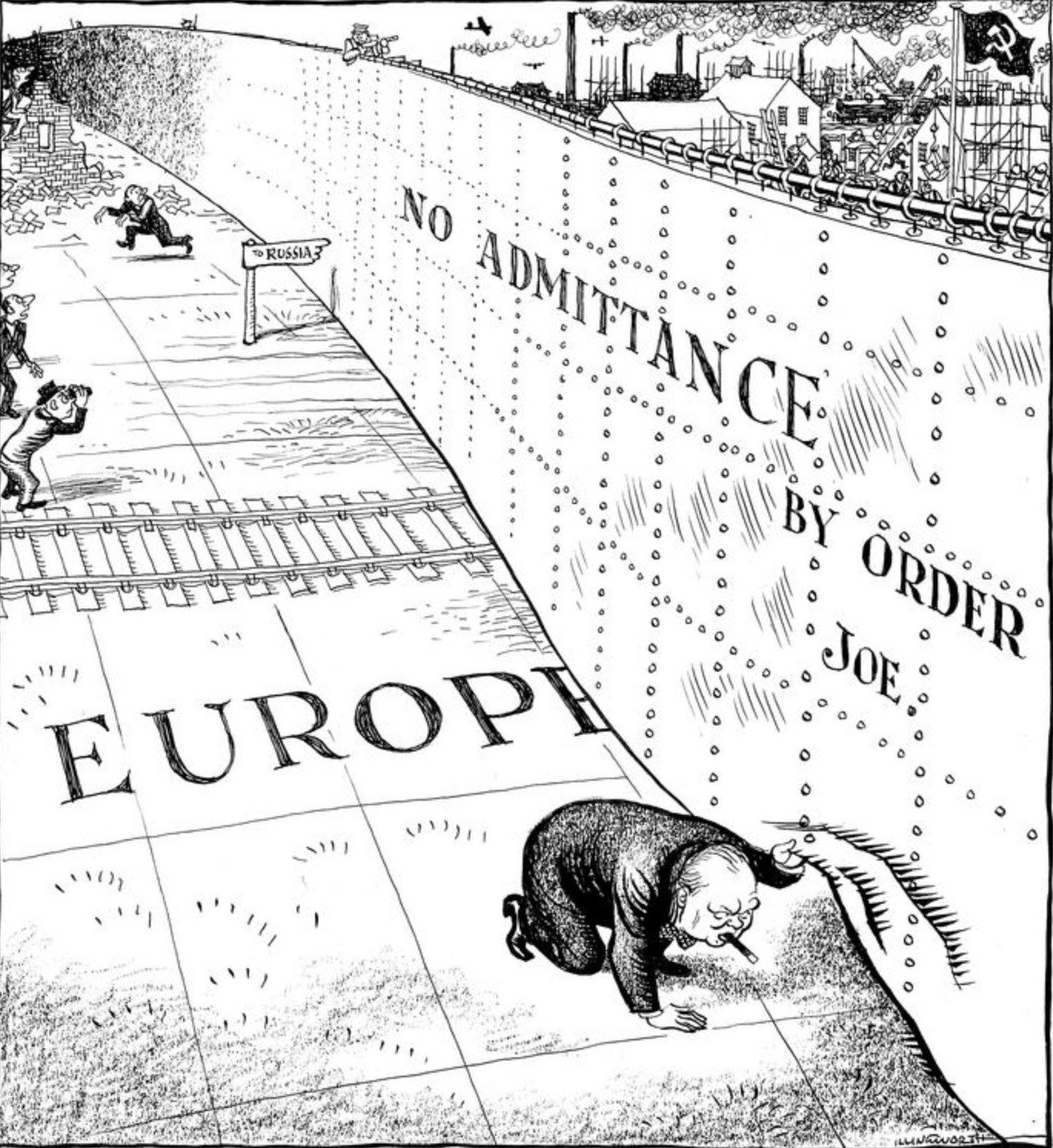In 2014, I was forced to leave my native Russia. Since then, I have been living and working in Washington, D.C., but continuing to closely monitor what is happening in my home country. Gradually I have noticed that the more complicated relations between Russia and the West become, the narrower and more simplified the public and media coverage and discussion of what is happening in Russia become. This is understandable—President Vladimir Putin decided to launch a hybrid war against the West and does not hesitate to use murder, poisoning, hacker attacks, blackmail, and bribery. And all this is regularly reflected on the pages of newspapers and in television news broadcasts, occupying almost all the space allotted to Russia.
Meanwhile, Russia itself has changed significantly during Putin’s 22 years in power, and these changes continue. They relate to political and public life, economics and business, public opinion, and the mood of Russians. And you may not know about any of this at all if you are not an expert on Russia. In fact, Russia has disappeared behind the Iron Curtain again. Behind the informational iron curtain.
© Leslie Illingworth Associated Newspaper / Solo Syndication, London
Source: Daily Mail. 06.06.1946. London.
This document is available at www.cvce.eu
If nothing is to be changed, then when Putin’s rule is over, it will be difficult for many to understand what Russia is and who Russians are. To prevent this from happening, I decided to provide you with an opportunity to look behind the new iron curtain by relating what is happening in Russia day today.
My digest of the important Russian news—Behind the Iron Curtain—will appear four times a week. Followers will receive it on Tuesday through Friday mornings, and it will be free (unless you decide to support me voluntarily). Those who choose to have a paid subscription will receive my short comments as well, along with the digest, and on Saturdays, my essay inspired by the news of the week will be waiting for you. In addition, those who choose a paid subscription will be able to ask me questions in the Weekend Thread and to discuss various topics in chats.
Wherever I have worked, analyzing the current situation and forecasting it has always been part of my responsibilities. It is impossible to make the right decision if you misjudge the starting point. I know how officials and businessmen think, and I am used to looking at situations from different angles and understanding the interests and desires of various groups in society. I am sure that by subscribing to my digest, you will get an objective look at what is happening in Russia…although I also will not hesitate to express my strong political position.
And I promise you won’t regret reading it!
About the author
I graduated from Moscow University in 1986, after which I worked for 3.5 years at the Central Economics and Mathematics Institute of the USSR Academy of Sciences. At the end of 1989, I got the chance to take part in the perestroika and went to work in the Council of Ministers of the USSR, where my working address read like this: Moscow, Kremlin, Aleksashenko. (Cool, isn’t it?! It is like The White House, Washington, D.C.)
Although the Soviet Union collapsed soon after, my involvement in Russian reforms continued: first I was Deputy Minister of Finance, and then First Deputy Chairman of the Bank of Russia. At the Ministry of Finance, I was responsible for macroeconomics, budget planning, taxes, and accounting. At the Bank of Russia, I dealt with monetary and foreign exchange policy, the payment system, and accounting. In addition, I have worked on the Supervisory Boards (Boards of Directors) of the largest Russian banks (Sberbank and VTB), as well as in BCEN-Eurobank (Paris) and Mosnarbank (London). It all ended after the August 1998 crisis, when the Russian government defaulted on its domestic and foreign debt, but according to political tradition, the central bank was blamed for the incident.
That was the end of my career in the public sector, and I joined a private business. At Interros, I was responsible for the strategy and development of new businesses, while serving on the Boards of Directors of Norilsk Nickel, Rosbank, Power Machines, Russia Petroleum, and Open Investments. Later I worked as President and CEO of Merrill Lynch Russia.
After the 2008 financial crisis (when Merrill Lynch disappeared), I moved back to academia: the Higher School of Economics (HSE) University (Moscow), where I was responsible for macroeconomic research while serving on the Boards of Directors of Aeroflot, United Aircraft Corporation, United Grain Company, and the National Reserve Bank.
During the presidency of Dmitry Medvedev (2008-2012), I became actively involved in political life, was elected to the Political Council of the People’s Freedom Party (PARNAS), and participated in the Open Government and the Expert Council of the Russian government. After the return of Vladimir Putin to the Kremlin, political repressions began in Russia, which did not pass me by. I left my country in 2014 and have been living and working in Washington ever since.
For a long while, I was a non-resident Senior Fellow at the Brookings Institution, covering Russia. My publications appeared with Brookings, Carnegie, Atlantic Council, National Interest, Foreign Affairs. In 2019-2021 I spent the bulk of my time in Ukraine advising the Prime Minister, the Minister of Finance, and the Governor of the National bank.
Now I feel ready to take on a new adventure.
This is Behind the Iron Curtain, a Newsletter from and about Russia.




